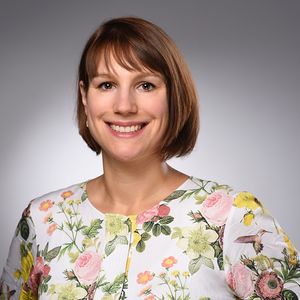The research professorship, supported by the Carl Zeiss Foundation, follows an interdisciplinary approach in research and teaching. A close collaboration is intended, inter alia, with the Cluster of Excellence Machine Learning in Tübingen, the AI Center and the Max Planck Institute for Intelligent Systems. At her Chair Michèle Finck wants to establish a team of national and international experts for legal issues of Artificial Intelligence. In the first stage, there will be five positions for doctoral students and one postdoctoral position at the Chair.
Prior to her appointment at the University of Tübingen, Michèle Finck from 2017 worked as a Senior Research Fellow at the Institute in the Intellectual Property and Competition Law Department with Reto M. Hilty. She focused her research work primarily on data (protection) law and new technologies, especially AI and blockchain, as well as data governance. As an Affiliated Research Fellow, she will continue to be associated with the Institute.
Michèle Finck received her PhD in European Law from the University of Oxford in 2015. Apart from her work as a Senior Research Fellow at the Institute, her professional career includes, among others, positions as a Fellow at the London School of Economics, as a lecturer for European Law at Keble College at the University of Oxford, as a Fellow at University College London and as a visiting scholar of law and technology at several European universities.

